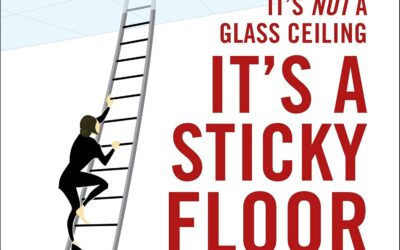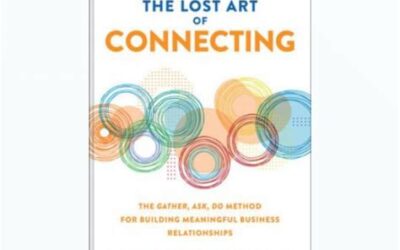The Art of Conflict Resolution: Turning Tough Conversations into Opportunities for Growth
Start with Gratitude. Every relationship, whether personal or professional, comes with moments of disagreement or conflict. Instead of avoiding these challenging moments, we can approach them with gratitude. Why gratitude? Because every conflict is an opportunity to understand someone better, to grow together, and to strengthen the bond.
Before diving into a tough conversation, express appreciation for the person or the relationship. For example: “I’m grateful for everything we’ve built together, and because I value this so much, I want to address something that’s been on my mind.”
Gratitude sets the stage for the conversation, diffusing tension and reminding both parties of the shared value of the relationship.
The Power of Honesty and Transparency. A simple phrase like “I need to talk to you about something, and it’s not going to feel very good” captures attention immediately. Why? Because it’s honest. Transparency shows respect for the other person’s emotions and prepares them for what’s coming.
Interestingly, our imaginations often exaggerate the impact of an upcoming conversation. By signaling that the conversation might be uncomfortable, you acknowledge their apprehension. But, because you’ve opened with honesty and care, the actual topic usually feels less overwhelming than they anticipated.
Breaking the Ice with Empathy. Once you have their attention, the key is empathy. Before diving into the issue:
- Reiterate the relationship’s importance: “I care about our dynamic and want to make sure we’re on the same page.”
- Acknowledge shared goals or values: “I know we both want what’s best for the team/relationship, and I think addressing this will help us get there.”
Empathy keeps the conversation collaborative rather than adversarial, setting the tone for mutual problem-solving.
Breaking Big Issues into Smaller Pieces. Many conflicts feel overwhelming because they’re bundled with layers of emotions, assumptions, or misunderstandings. The best way to tackle these challenges is to break them down into manageable pieces.
- Start with facts: Describe what happened without judgment or emotion.
- Share your perspective: Use “I” statements to avoid blame. For example: “I felt unheard during the meeting, and I’d like to talk about why.”
- Open the floor: Invite their perspective with a question like: “How did you see the situation?”
This approach encourages clarity, understanding, and a pathway to resolution without making anyone feel attacked.
Solutions Over Blame. Conflict resolution is not about “winning.” It’s about finding solutions that honor the relationship and the goals you share.
- Brainstorm ideas together: “What do you think we can do differently moving forward?”
- Agree on actionable steps: “Let’s both try to…”
- Commit to follow-up: “We can check in next week to see how this is working.”
Building Resilience. After the conversation, circle back with gratitude again. Thank them for their willingness to engage and their openness. It reinforces the positive outcome and shows that the relationship remains strong.
“Thank you for hearing me out and for working through this together. I really value that about you.”
When conflicts are approached with gratitude, honesty, and empathy, they stop being obstacles and become bridges to deeper understanding and connection.
Conflict resolution isn’t easy, but it doesn’t have to be painful. By beginning with gratitude, being transparent, and focusing on solutions, you can transform tough conversations into meaningful growth moments. Remember: What you need to say is rarely as bad as they imagine it will be.
Next time a conflict arises, embrace it with an open heart and mind—you’ll be amazed at what you can achieve. Need help with your conflict resolution skills or with the underlying reason you struggle with conflict? Give me a call!







